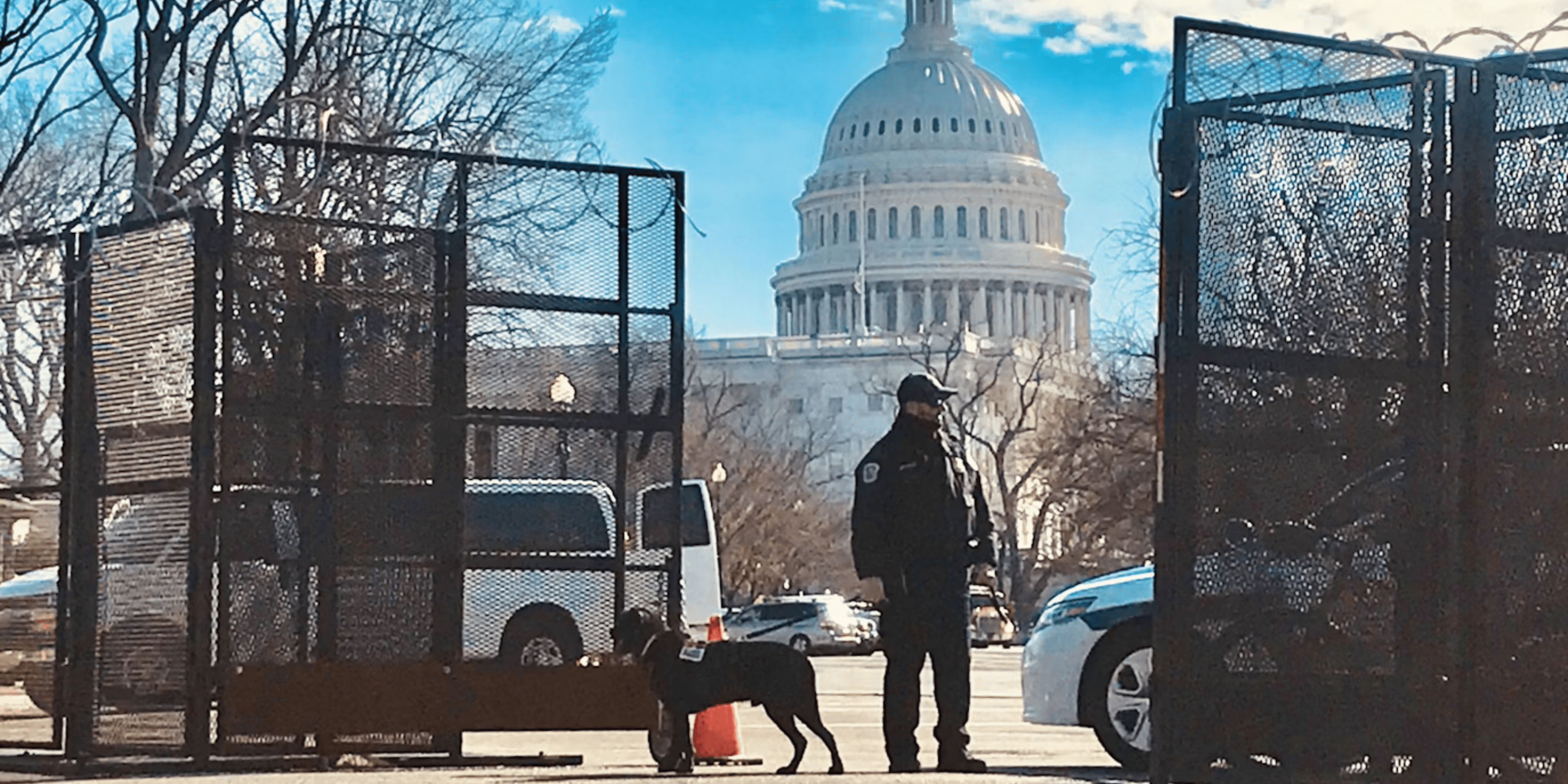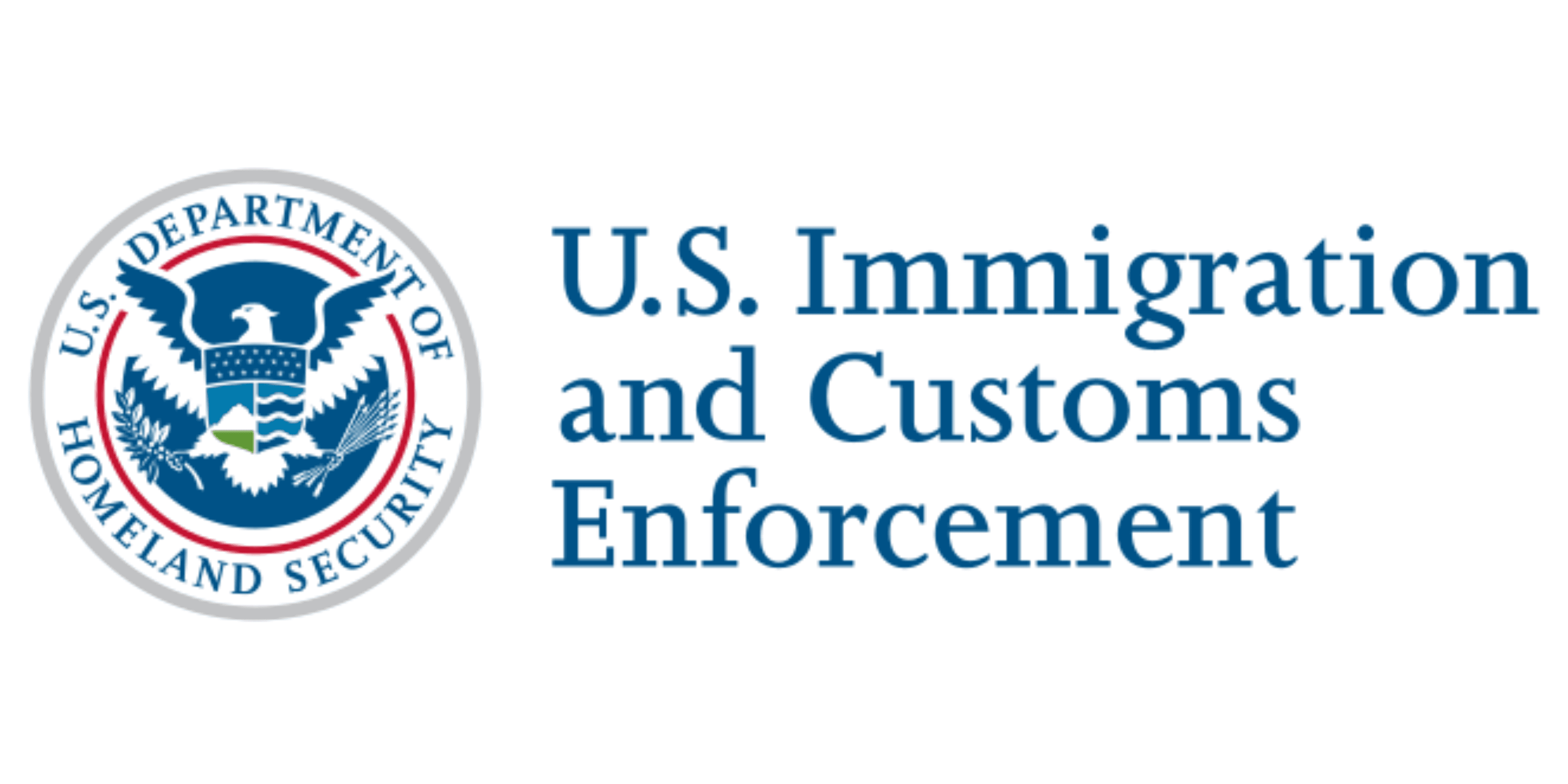newsletter
Your Daily News in Just 5 Minutes!
Featured
Americans’ Confidence Wanes as Legal and Military Storms Rock Washington
The United States faces a confluence of domestic headwinds: consumer confidence has plunged, widespread affordability pressures are mounting, and two high‑profile legal and military investigations underscore deepening tensions in Washington. Against that backdrop, the administration is pushing ahead with an optimistic economic outlook and preparing for the next political battleground. Here are five major developments shaping the national landscape today.
Nov 25, 2025
Consumer Confidence Hits Low Amid Economic Worries
Consumer sentiment in the U.S. fell sharply in November, with the The Conference Board index dropping to 88.7 from 95.5 in October — its lowest reading since April. The decline exceeded expectations and reflected growing concerns among households about jobs, inflation and financial security. According to the report, many consumers pointed to rising prices, tariffs, trade tensions and the recent federal government shutdown as key factors. This slide in confidence carries both economic and political implications. Economically, weaker sentiment often translates into softer spending; politically, the erosion among independents and across party lines could complicate support for the governing coalition.

Affordability Crisis Widens Across American Households
Beyond sentiment, many Americans are confronting a broader affordability challenge. A recent analysis by the Financial Times highlights how rising costs of housing, healthcare and food are squeezing lower‑ and middle‑income households. In regions such as the Lehigh Valley in Pennsylvania, workers holding multiple jobs report difficulty keeping up with basic expenses and finding housing. The piece underscores how persistent inflation — though lower than peak levels — has accumulated into structural strain. This affordability crisis is translating into broader dissatisfaction with economic policy. The fact that prices remain elevated, even with inflationary pressures easing, suggests that many Americans are still feeling the after‑effects of past price rises and fiscal disruption.

Legal Shock: High‑Profile Indictments Tossed Over Prosecutorial Appointment
A federal judge dismissed criminal charges against former FBI Director James Comey and New York Attorney General Letitia James, concluding that the interim U.S. Attorney who brought the indictments had been unlawfully appointed. Judge Cameron McGowan Currie found that the prosecutor’s appointment exceeded the 120‑day interim window and bypassed required Senate/Judicial oversight, thereby rendering her office’s actions invalid. The ruling strikes at the heart of prosecutorial independence and the perceived politicization of the justice system. It may affect other cases tied to politically charged investigations and raises questions about the integrity of future legal maneuvers.

Pentagon Opens Investigation into Senator Over Military Video
In an unprecedented step, the United States Department of Defense announced an investigation into Senator Mark Kelly (D‑AZ) — a retired Navy captain — for possible violations of military law after his participation in a video urging U.S. troops to refuse “illegal orders.” The investigation cites laws allowing retired service members to be recalled and held accountable under the Uniform Code of Military Justice. The video, issued by a group of lawmakers, warned of threats to the Constitution and national security emanating from domestic sources. The episode illustrates the widening fault lines between civilian lawmakers and military oversight in the Trump‑era context, raising significant questions about chain of command, free speech and the boundaries of military involvement in politics.

Treasury Secretary Reaffirms Growth Outlook Amid Economic Uncertainty
Despite the backdrop of weak consumer sentiment and affordability issues, Treasury Secretary Scott Bessent declared that the United States is not headed for a recession in 2026, describing his outlook as “very, very optimistic.” He attributed this confidence to the administration’s trade and tariff strategy, which he says has laid the foundation for “very strong, non‑inflationary growth,” and flagged forthcoming relief in healthcare costs. However, the optimism stands in contrast to the immediate indicators — declining consumer confidence, chronic cost pressures and a recent historic government shutdown. How the administration translates this forecast into concrete policy will be critical in the months ahead.
Looking Ahead
In the coming weeks, several threads will be crucial to watch: consumer behavior will test whether weak confidence morphs into weaker spending; the legal fallout from the Comey/James dismissal may reshuffle prosecutorial strategy and political risks; the Kelly investigation could deepen the civil‑military divide; and the administration’s confidence in growth will face real‑world tests as fiscal and monetary settings shift. With the mid‑2026 midterms looming, how these forces interplay will help shape both policy direction and political momentum heading into next year.
Related blogs
Related blogs
Copyright 2025 USA NEWS all rights reserved
newsletter
Get daily news directly in your inbox!
Copyright 2025 USA NEWS all rights reserved
newsletter
Get daily news directly in your inbox!
Copyright 2025 USA NEWS all rights reserved
Copyright 2025 USA NEWS all rights reserved














